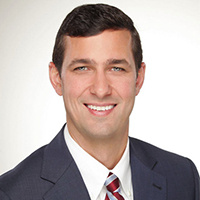 Easley Felony Lawyers, South Carolina
Easley Felony Lawyers, South Carolina
Not enough matches for Easley Felony lawyer.
Below are all Easley Criminal lawyers.
Sponsored Lawyers
1-9 of 9 matches
Criminal, DUI-DWI, Workers' Compensation, Social Security
Attorney Graham Buckner’s practice is primarily focused on helping injured workers as well as criminal defense. If you have been injured at work, Graham has extensive experience in the area of workers’ compensation having practiced before the South Carolina Workers’ Compensation Commission for years. He knows what needs to be done to get the medical care benefits as well as weekly checks and permanent disability benefits. Graham also was a state prosecutor for the 13th Judicial Circuit, Pickens, South Carolina. This gives him unique experience and insight in representing criminal defendants. He handles cases in Easley Municipal Court, Pickens County Magistrates Court, as well as Greenville, Anderson and Pickens State Court. Graham lives in Greenville with his wife, Anne Green, and his three children, Graham Jr., James, and Virginia. He is an active member of Christ Church Episcopal where he serves as an usher. When he is not working, Graham enjoys spending time with his family, hunting, playing golf and basketball, and attending Clemson football games.
(more)




